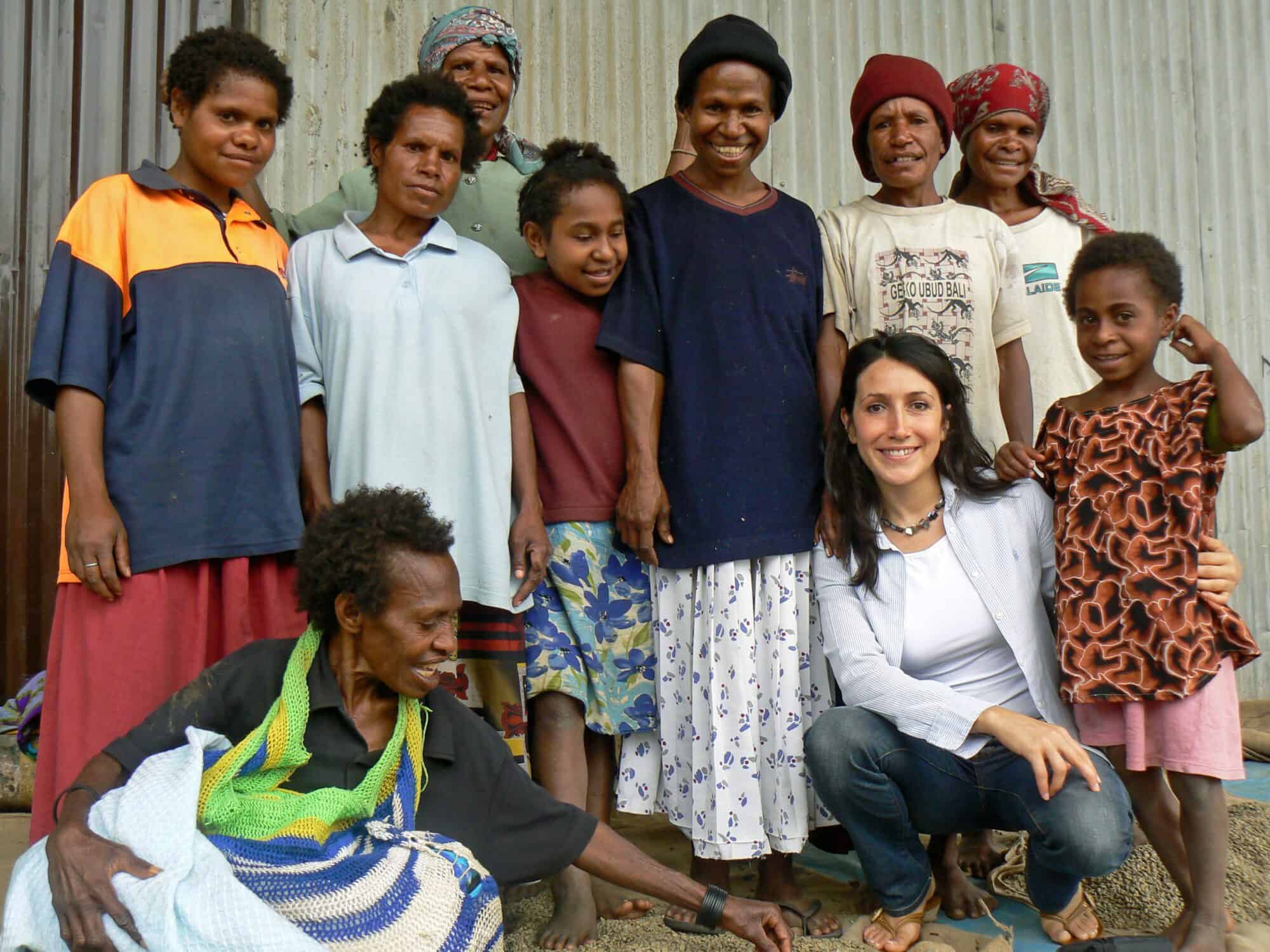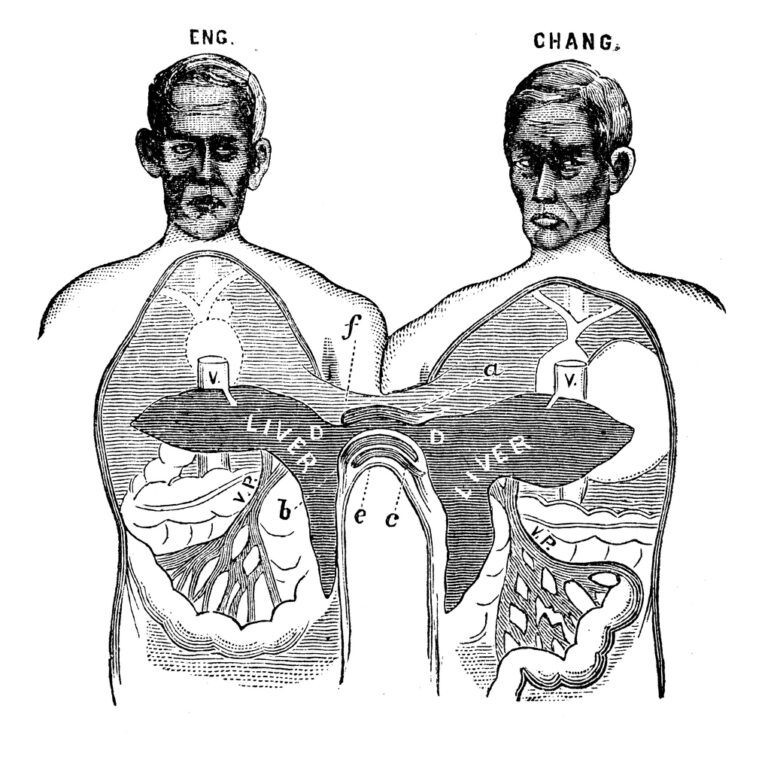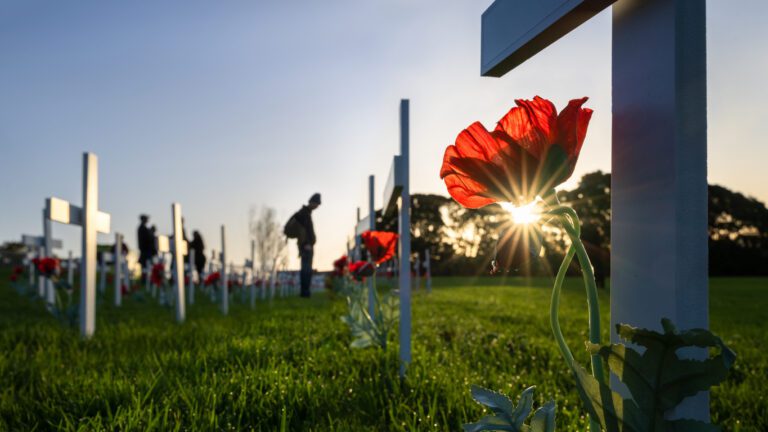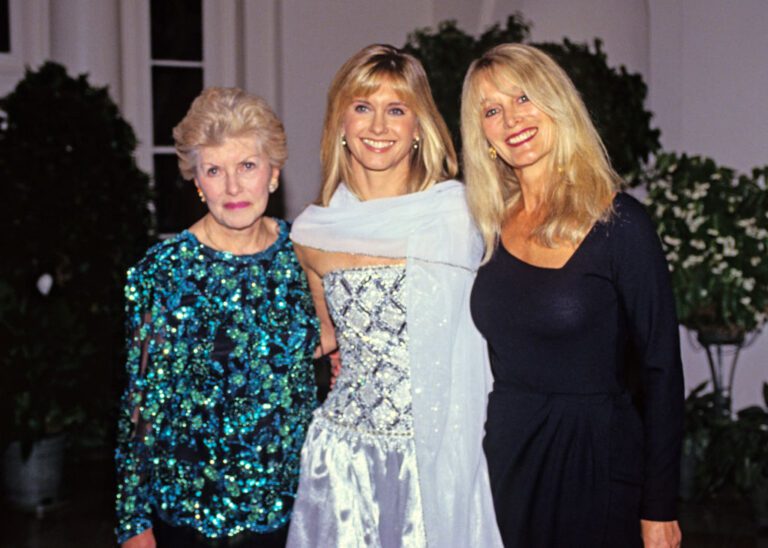Ever since she was a child, Maria Trogolo knew she wanted to help people. Born in Buenos Aires in 1975, she was just one when Argentina was thrust into a military dictatorship, which lasted until 1983 and saw over 30,000 people being killed or ‘disappeared’.
“We were always told never to repeat anything we heard at home, outside of the house. My parents were very careful not to talk about politics. My mother’s cousins were among the people that ‘disappeared’,” she says.
As she got older, and began learning more about the atrocities that happened during the dictatorship, Trogolo felt a calling to fight for people’s human rights.
“I have always been sensitive to people suffering. I wanted to be part of the solution, rather than just ignore what was happening. I wanted to make sure that whatever small impact I could have in this world, it would be so that other children and families didn’t have to go through that kind of pain.”
Trogolo completed a law degree at the University of Buenos Aires, before being awarded a scholarship to study a Masters in international relations at the Sorbonne University in Paris.
Now the ChildFund New Zealand Programmes Director, Trogolo has spent her career working on the frontline of human rights protection. Her roles as a human rights lawyer for the United Nations saw her working on the ground in post-conflict countries, including Afghanistan, Bolivia and Pakistan, involved in operations against organised crime and human trafficking. Her career has also taken her around the Pacific, to places like Papua New Guinea, Timor-Leste and Fiji.
While she has always had a passion to help others who are suffering, Trogolo found that after having children of her own, she was even more emboldened to help the youngest and most vulnerable in society. “Once I had my own daughters, I realised as a mum, how vulnerable babies are. In countries like Papua New Guinea, there’s no safe drinking water and one in three children under the age of five is malnourished,” she says.
The fact that the Pacific has one of the highest infant mortality rates and lowest life expectancy in the world is eye-opening for many, but Trogolo says it can be dehumanising to reduce someone’s life to a number. By joining an organisation like ChildFund, she says, she’s able to highlight the children and people behind the statistics.
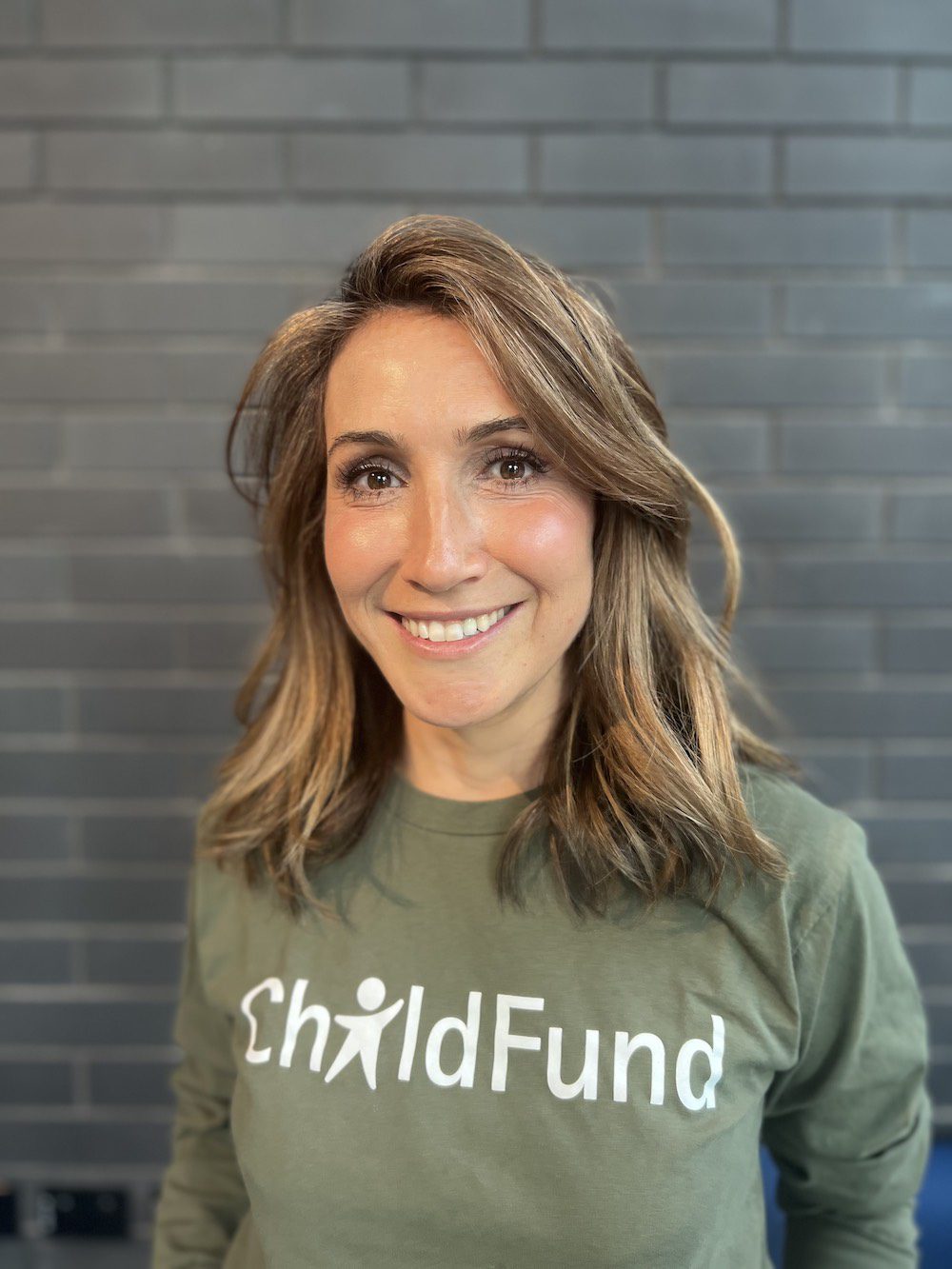
“What I like about ChildFund is that it brings their stories to life. We know each of the children that we work with, which schools they’re attending, what programmes they’re benefiting from.”
A huge part of ChildFund’s focus right now is in the Pacific, helping the people and communities in our own backyard. Tikanga Māori (Māori customs and values) drives these efforts, centred on the concept of ‘kotahitanga’, meaning ‘unity’ or ‘solidarity’.
“Before going to work in a country, we assess what the country’s needs are, whether we have any value to add, who the other partners on the ground are and what relationships we can form. [We try] to make sure that whatever programmes we roll out are locally led, so that we don’t just impose our own strategy and our own way of viewing the world.”
One successful programme ChildFund has been involved in is a helpline for victims of family violence in Papua New Guinea. “It allows us to partner with local organisations working on the ground to turn those calls into support for moving women and children to shelters, providing psychological support.”
One of the ways in which ChildFund is tackling the malnutrition crisis in the Pacific is by setting up vegetable gardens in backyards and schools. “We helped build 224 backyard gardens in Papua New Guinea last year, which also comes with training on nutrition. Building these gardens in schools also encourages more children to come to school because they are served food,” she says. “It’s about working in a holistic way, not just addressing the essential needs, but trying to engage with the whole community.”
Trogolo admits that her line of work can be very emotionally taxing, and while many of us may not have the capacity to do what she has done, she strongly believes that everyone has an opportunity to make a difference to someone.
“When you decide you’re going to work in this sector, you are taking a big leap of faith about the lives that you have the possibility to change, but you may never get to meet. I have this passion to work in humanitarian development, but I also feel that we all have the same opportunity to help and touch those lives with the choices that we make every day, be it when we go shopping, or deciding what to do with our income,” she says.
“For us in New Zealand, we are so privileged. I am very proud to tell my children what I do for a living, but I also feel that we all have a responsibility to take part in change to help the most vulnerable. Try to connect with the people behind the numbers. And if you cannot do it first- hand, choose an organisation that represents your values. We can all be proud of those little changes we make.”
To learn more about ChildFund, visit childfund.org.nz


